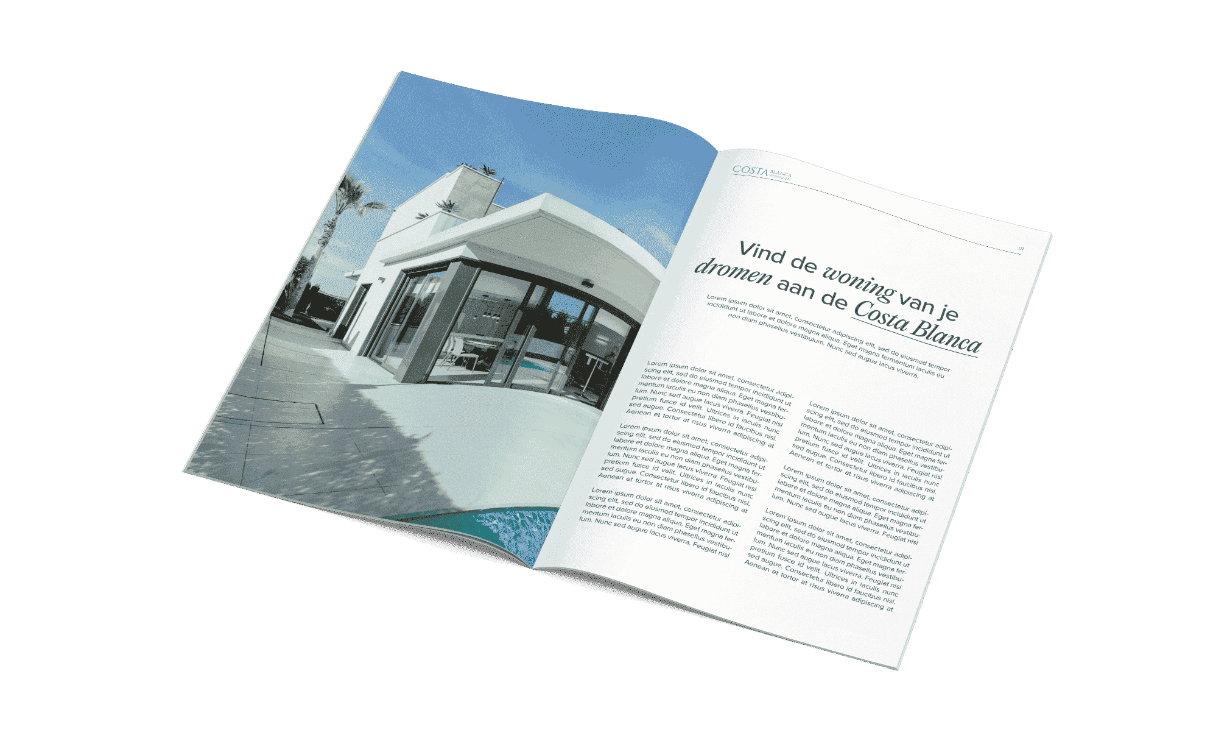Buying a property on the Costa del Sol can be an exciting but also complex undertaking. Here are the steps you can follow to buy a property in this popular region:
1. Financial preparation:
- Make sure you are financially prepared before you start looking for a home. This includes assessing your budget, arranging financing (if necessary), and setting a maximum purchase price.
2. Select a location:
- Research the different areas along the Costa del Sol to determine which one best suits your needs and preferences. Consider factors such as accessibility, amenities, property type and local market conditions.
3. Search for real estate:
- Start your search for real estate through local real estate agents that we can also assist you with, real estate websites, and networks. View several properties that meet your criteria and shortlist potential options.
4. Arrange viewings:
- Schedule viewings for the properties that interest you. Take the time to thoroughly inspect each home and ask the agent questions about the property, neighborhood and any future developments.
5. Negotiations:
- Once you have found a suitable home, start negotiating (Only for resale homes) about the price and conditions. We can advise you and help you reach a reasonable agreement.
6. Legal control:
- Before signing a purchase agreement, it is essential to carry out a legal check. This includes verifying the title papers, legal status of the property, any debts or encumbrances, and planning agreements.
7. Sign purchase agreement:
- After all legal and financial matters have been arranged, you can sign the purchase agreement. This document contains the agreed price, payment terms, delivery date and other relevant conditions.
8. Payment and transfer:
- On the day of the transfer (escritura de compraventa), you pay the remaining amount of the purchase price and sign the title deed at the notary. The notary registers the transfer of ownership at the land registry.
9. Utilities and legal formalities:
- After the transfer, you must have utilities transferred to your name and arrange any taxes and community fees. You should also consider taking out home insurance.
10. Enjoy your new home:
- After completing all formal procedures, you can finally enjoy your new home on the beautiful Costa del Sol.
Buying a property abroad requires careful planning, research and possibly legal assistance. It is advisable to work with local professionals such as our office and legal advisors to ensure the process runs smoothly and avoid any complications.




